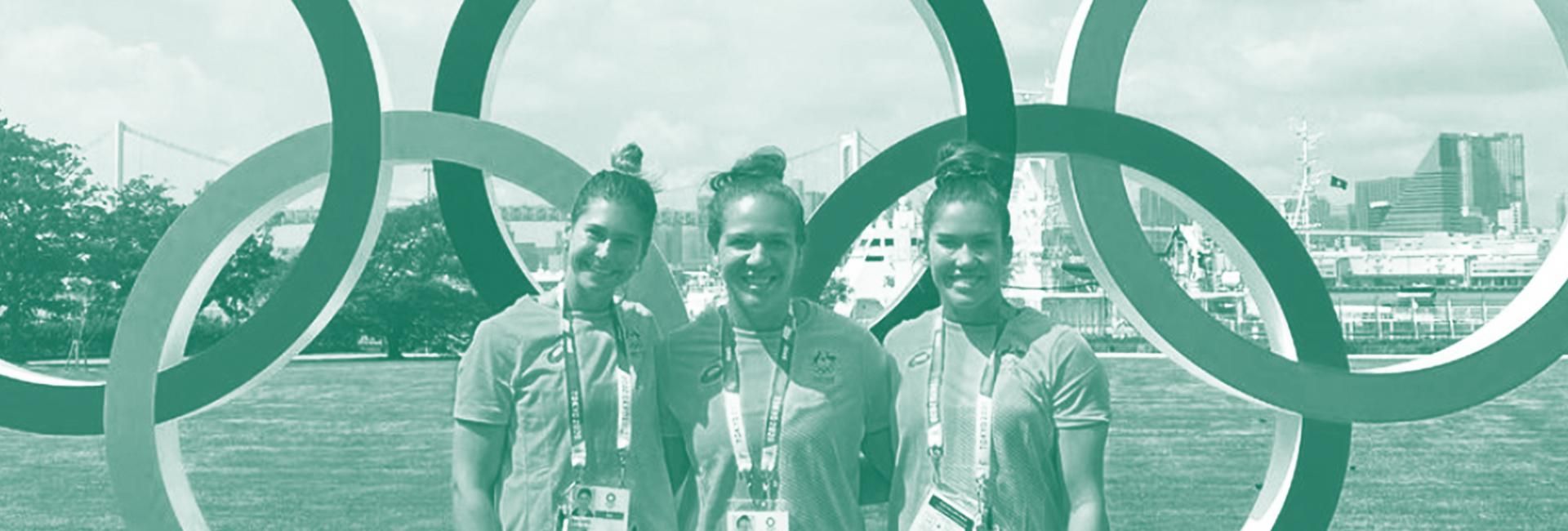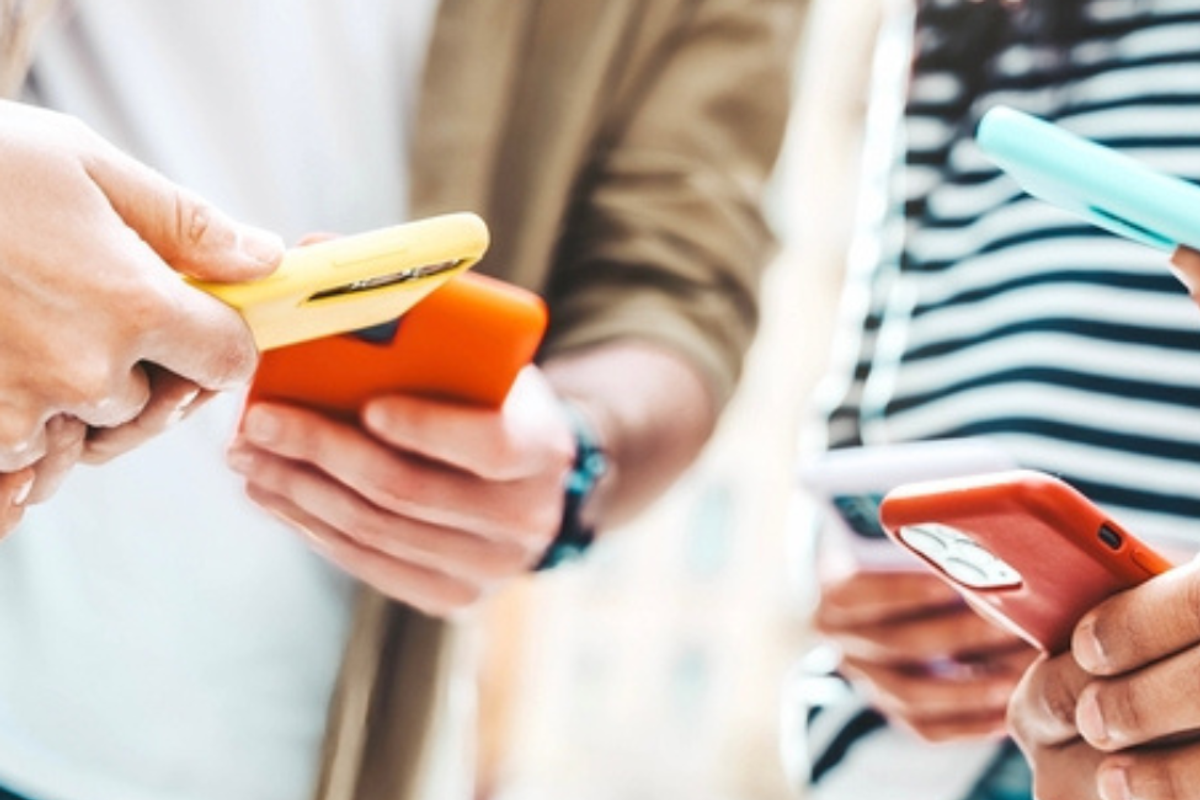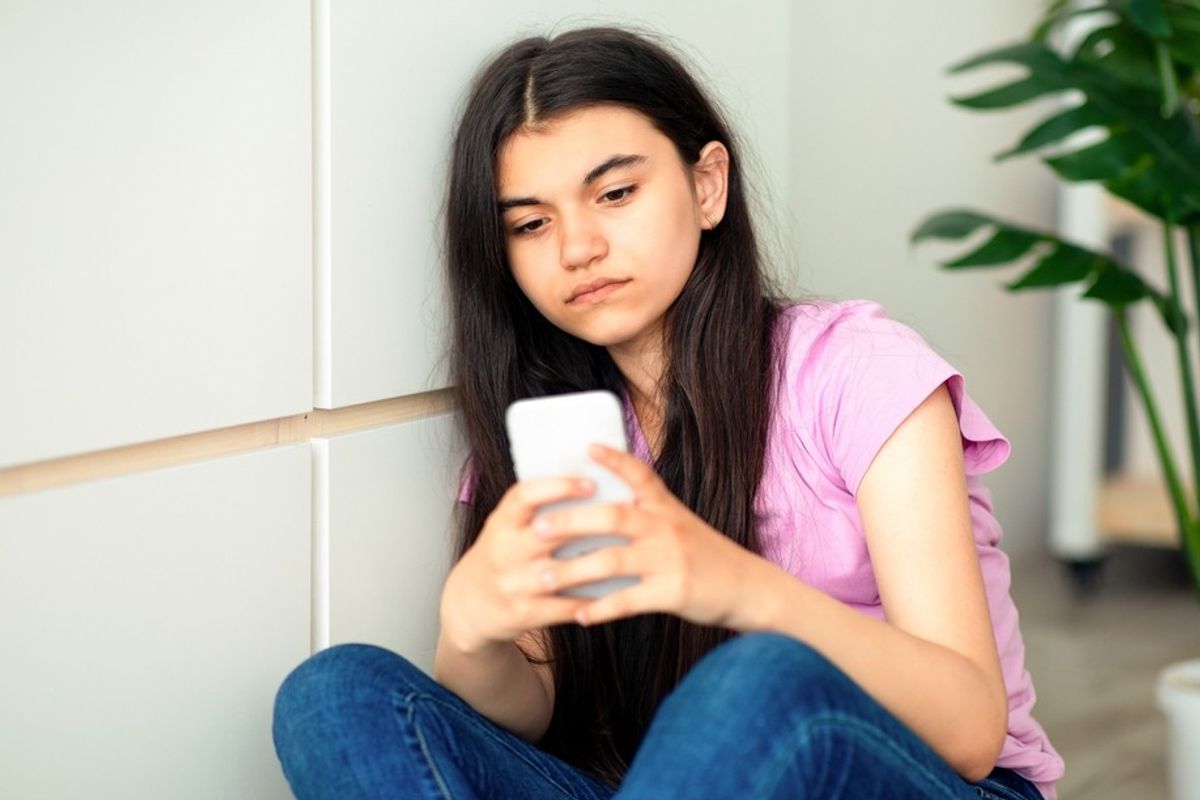The pressure of repeating as No. 1 and tackling negative perceptions of women in rugby.
The Australian Women's Rugby Sevens campaign to win back-to-back gold medals in this year's 2020 Tokyo Olympics got underway Thursday with back-to-back wins on the first day of competition.
The team is dealing with both the public pressure of retaining its No. 1 position and tackling negative perceptions of women in rugby. The Australian team is made up of returning Olympic athletes and those debuting for the first time. Rio 2016 gold medalist Charlotte Caslick said as a team it is very important that they "share the pressure and help each other while maintaining a high level of performance."
Rugby Sevens made its inaugural appearance at the Rio 2016 Olympics with the Australian women and Fijian men winning gold. It was previously played at the 1924 Paris games in the traditional 15-a-side format. Twelve countries have qualified to compete in the fast-paced competition.
Sariah Paki, who left school at 17, began her journey to the 2020 Tokyo Olympics by transitioning from rugby league and debuting for Australia in Dubai as the World Series' youngest-ever player. She had watched the Rio 2016 Olympic Games at age 15 and was inspired by the team's Olympic glory. It was then she realised "women could achieve a gold medal in rugby , [in] sports that are not supposed to be for women."
With Sevens now at the forefront of a big movement in Australia of women playing contact sports, Paki sees her current Australian Rugby Sevens team as part of the next generation of female athletes creating pathways for future athletes that did not exist four years ago, just as the Rio gold medalists did for her.
With the Olympic Sevens format requiring teams to play two games per day, resilience is essential. On Friday, day two of the three-day competition, Australia faced off against USA in the morning, losing a close match, and will play Fiji in their quarter fina later today. The gold medal match is on Saturday.
"We kind of have to be able to bounce back pretty quickly" said Caslick.
In May this year at the Trans-Tasman Olympic warm-up tournament in New Zealand, the Australians had to draw on that ability to deal with heavy defeats and bounce back. After almost 500 days of not playing due to the COVID-19 pandemic, the team won only one of six games.
"I have been on the end of some very successfully moments and then we've had some on the end of not so successful. I think we can appreciate winning and enjoy those moments which makes you want them even more," said Caslick in an interview with Newsworthy ahead of the Tokyo games.
Reflecting on her 2016 Olympic journey Caslick wishes she had "celebrated the smaller victories rather than just putting everything into the big ones … [to] feel free to enjoy the process getting there, rather than just getting somewhere and then not being able to remember the last four years of my life."
In acknowledging the smaller achievements, the team hopes reduce the pressure to win gold and help them deal with the gender stereotype challenge which exists in this sport.
When Caslick first stepped onto the field to play in Rio she received criticism as she apparently didn't fit the stereotypical image of a professional female rugby player. "People think we should look and act a certain way just became we play a contact sport…but you don't have to fit an old stereotype of what toughness should look like," Caslick told Foxtel at the time.
"I think that in society being strong and fit is becoming a lot more trendy … if we were back in the 2000s or '90s when the demographic was very different, maybe we would feel different about our bodies but right now we are lucky to be surrounded by women that are confident," said Caslick, who was crowned 2016 World Rugby Sevens women's player of the year after her performance at the Olympics.
Times are changing. Tokyo 2020 will be the first gender-balanced Olympics, with the percentage of female athletes increasing from 45 per cent of competitors in Rio to 48.8 per cent in Tokyo. With the inclusion of women's Rugby Sevens in the Olympics, the Australian team has helped to shift that gender balance.
Read more of Newsworthy's Tokyo 2020 series focussing on the challenges – physical, psychological, financial and social – athletes must overcome to compete with the best of the best.
Freya commenced a Bachelor of International Studies and Media (Journalism & Communications) at UNSW. Her interests include cooking, fitness and seeing friends for a swim at her local beach, Manly.






As a checkout chick, I'm used to rudeness. But I can't bear the threats and violence